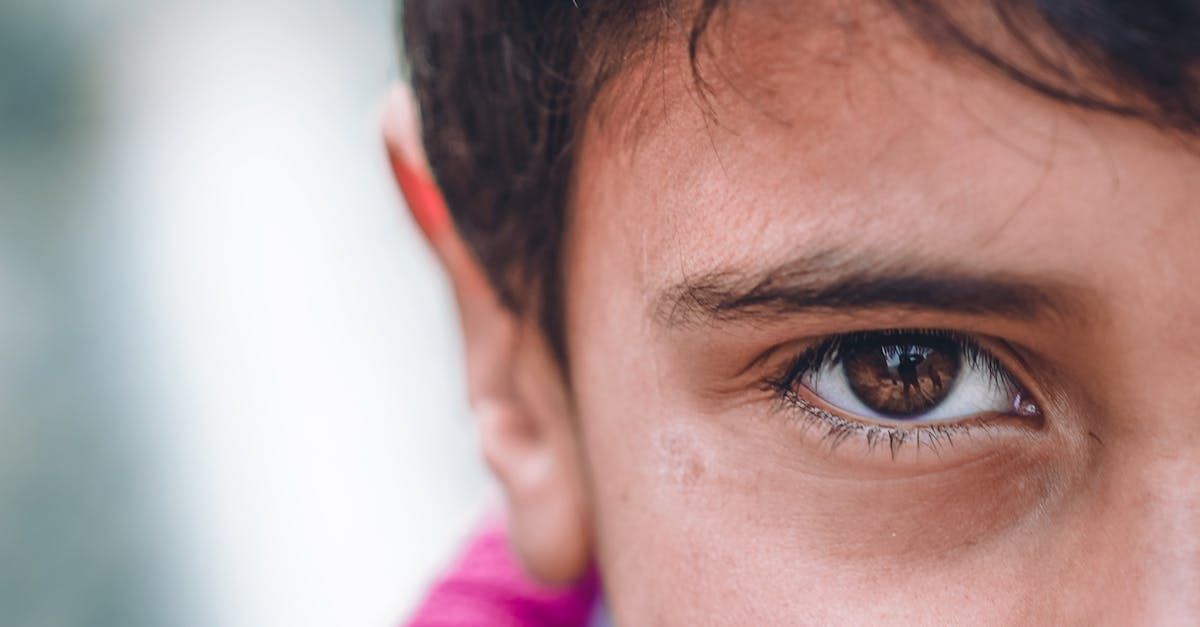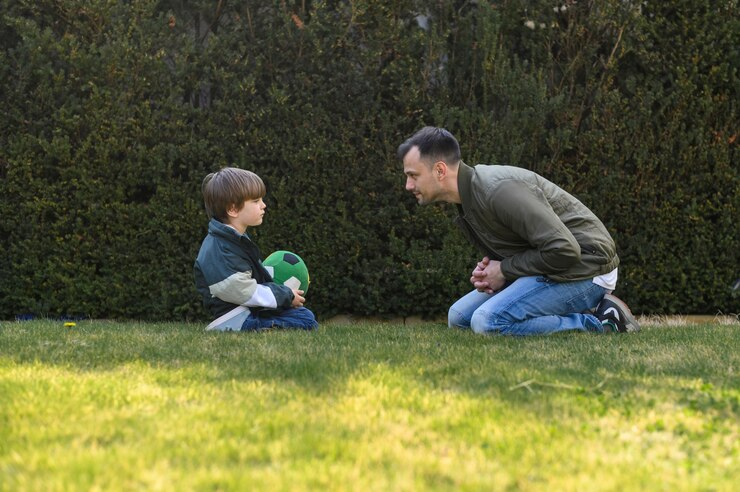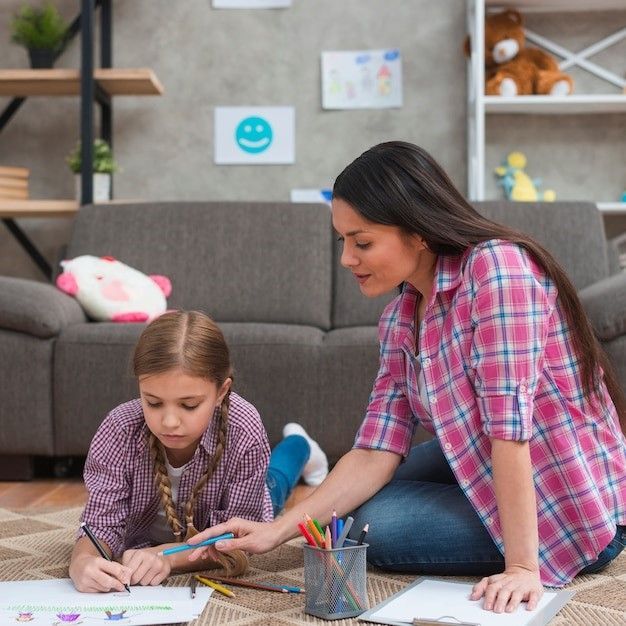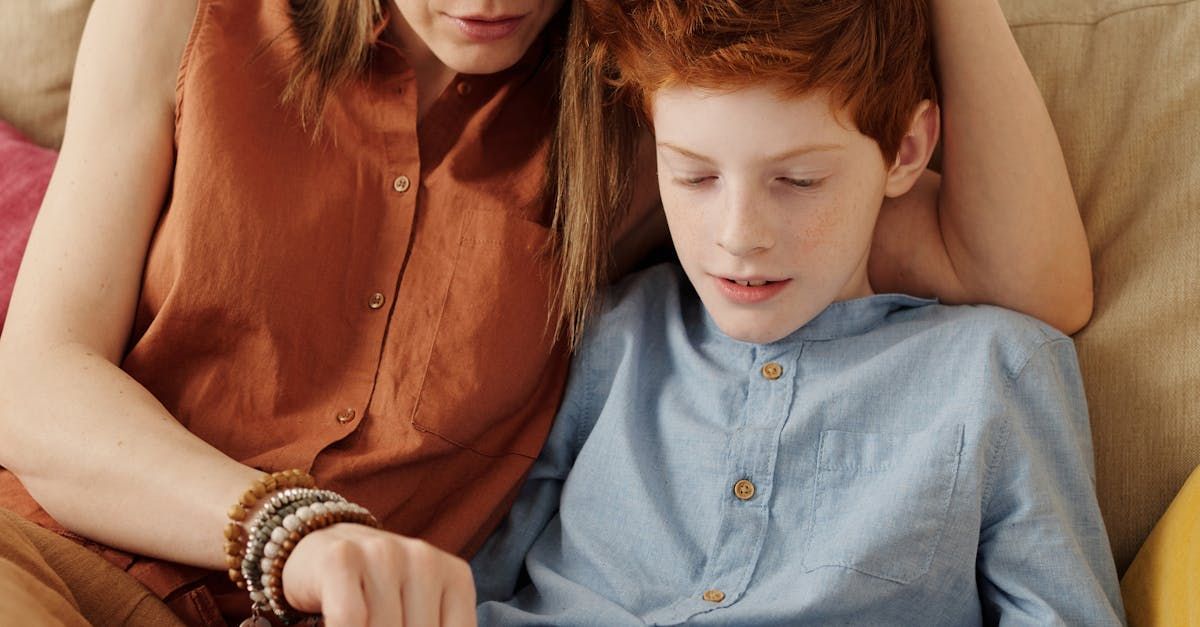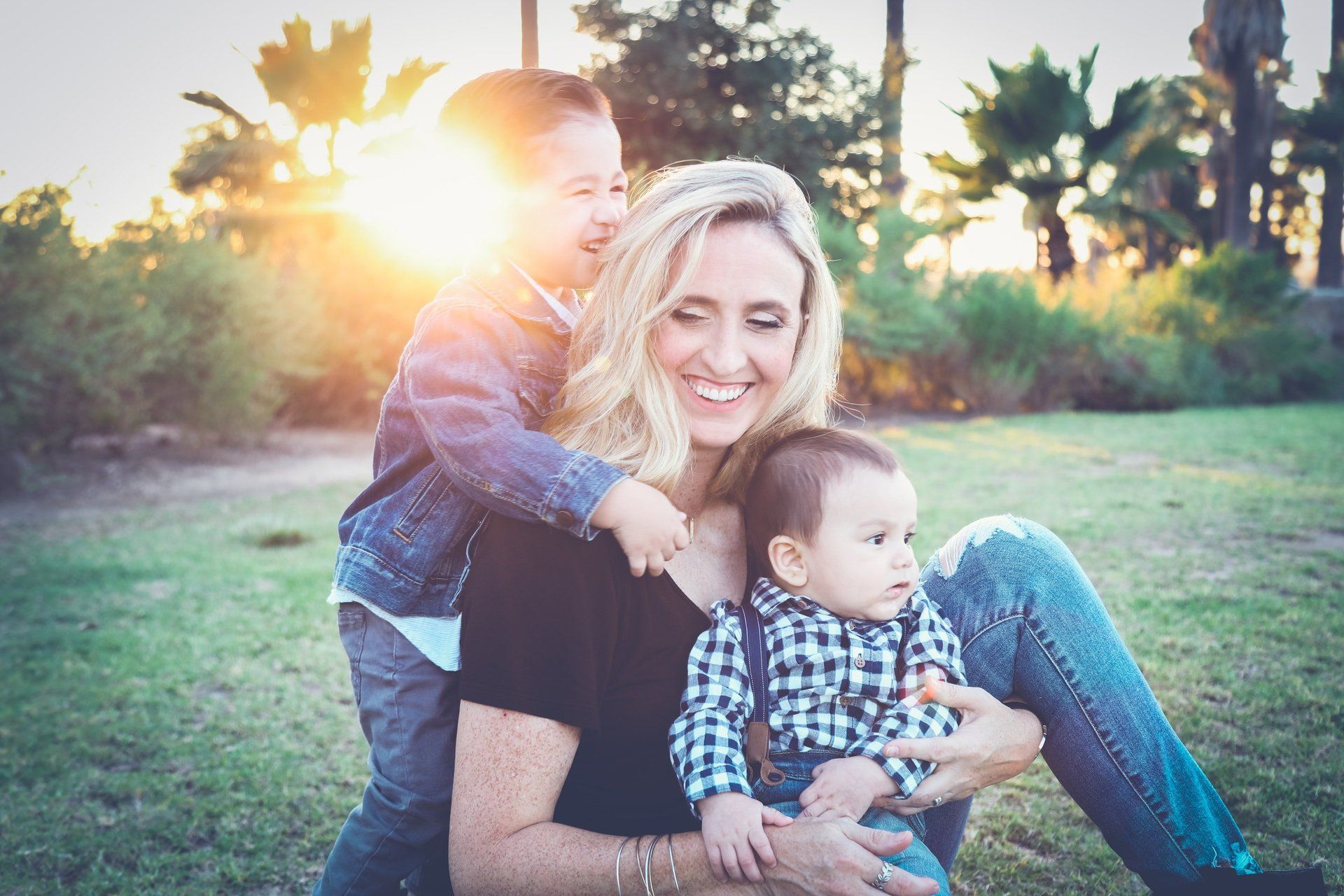Top Tips for Sensitive Parents Considering Parenting Classes
Being a parent is a journey filled with love, joy, and challenges. For highly sensitive parents like myself, these challenges can sometimes feel overwhelming. From the noise and chaos of everyday life to the emotional rollercoaster of parenting, it's easy to feel like you're constantly on edge. That's why I, Dr. Ceara Deno, am excited to share some top tips for sensitive parents considering parenting classes online or offline. As a parent coach at Sweet Spot Parent Coaching, I've had the privilege of working with many highly sensitive parents, and I understand firsthand the unique struggles they face. So, whether you're feeling anxious about your parenting journey or simply looking for some extra support, these tips are here to help you find your sweet spot.
●
Understanding Your Sensitivity
The first step in navigating parenthood as a highly sensitive parent is understanding your sensitivity. Highly sensitive parents, like myself, are often more attuned to their surroundings and emotions, which can be both a blessing and a curse. While our sensitivity allows us to empathize deeply with our children and create meaningful connections, it can also leave us feeling overwhelmed by the demands of parenthood. By recognizing and embracing our sensitivity, we can learn to harness its strengths while managing its challenges.
● Finding Support
Parenting can feel like a solitary journey, especially for highly sensitive parents who may struggle to ask for help. However, building a support network is essential for navigating the ups and downs of parenthood. Whether it's connecting with other highly sensitive parents online or joining a local parenting group, finding support can provide a sense of belonging and validation. Additionally, consider seeking out parenting classes specifically designed for highly sensitive parents, like those offered by me at Sweet Spot Parent Coaching. These classes provide a safe and supportive environment where you can learn valuable skills and connect with others who understand your unique experiences.
● Prioritizing Self-Care
As highly sensitive parents, we often put the needs of our children above our own, but it's important to remember that self-care is not selfish—it's essential. Prioritizing self-care can help us recharge our batteries and better cope with the demands of parenthood. Whether it's carving out time for a relaxing bath, going for a nature walk, or practicing mindfulness meditation, finding activities that nourish our souls is key. Parenting classes can also be a form of self-care, providing an opportunity to invest in ourselves and our growth as parents.
● Setting Boundaries
Setting boundaries is crucial for the betterment of our mental and emotional well-being as highly sensitive parents. It's okay to say no to things that drain our energy or overwhelm us, whether it's social commitments, household chores, or unrealistic expectations. By setting boundaries and communicating our needs clearly, we can create a more harmonious and balanced family life. Parenting classes can help us develop the skills and confidence to set boundaries effectively, empowering us to create a parenting style that aligns with our values and needs.
● Practicing Mindfulness
Mindfulness is a powerful tool for highly sensitive parents, helping us stay present and grounded amidst the chaos of parenthood. By cultivating awareness of our thoughts, feelings, and sensations, we can respond to challenging situations with greater calm and clarity. Parenting classes often incorporate mindfulness techniques, such as deep breathing exercises and guided visualizations, to help us manage stress and cultivate resilience. By including mindfulness in our daily lives, we can develop an in-depth connection with ourselves and our children, fostering greater harmony and understanding within our families.
● Embracing Imperfection
Finally, it's important to remember that perfection is not attainable, nor is it desirable. As highly sensitive parents, we may feel pressure to excel in every aspect of parenthood, but the truth is, we're all human, and we're all doing the best we can. Instead of striving for perfection, let's embrace imperfection and celebrate our successes, no matter how small. Parenting classes can help us let go of unrealistic expectations and cultivate self-compassion, allowing us to parent from a place of authenticity and love.
Summing Up:
Parenting as a highly sensitive parent comes with its own set of challenges, but with the right support and resources, it can also be incredibly rewarding. By understanding our sensitivity, finding support, prioritizing self-care, setting boundaries, practicing mindfulness, and embracing imperfection, we can navigate parenthood with greater ease and confidence. If you're a highly sensitive parent considering parenting classes, I encourage you to take that first step toward creating a more joyful and fulfilling parenting journey. You deserve it.

